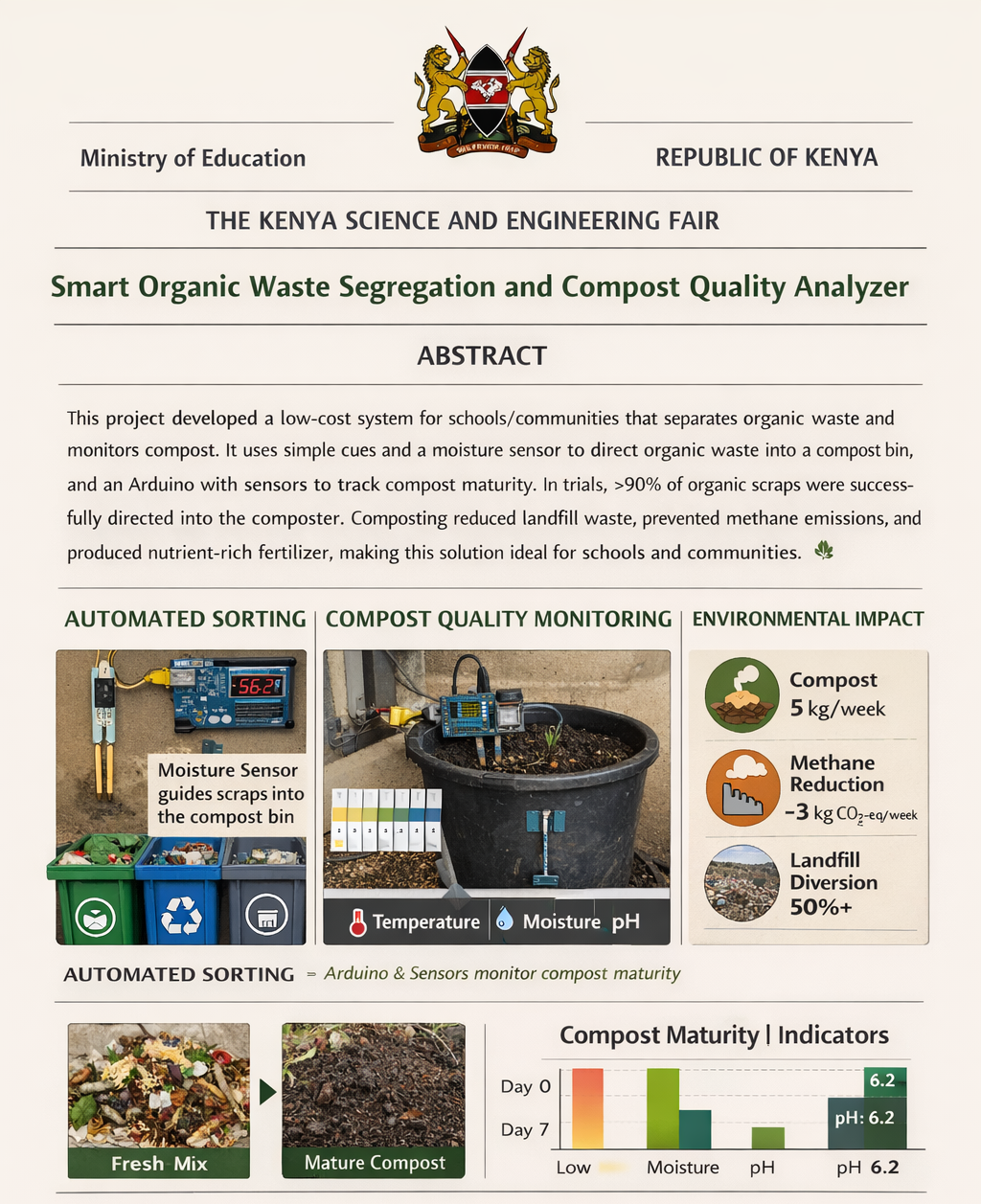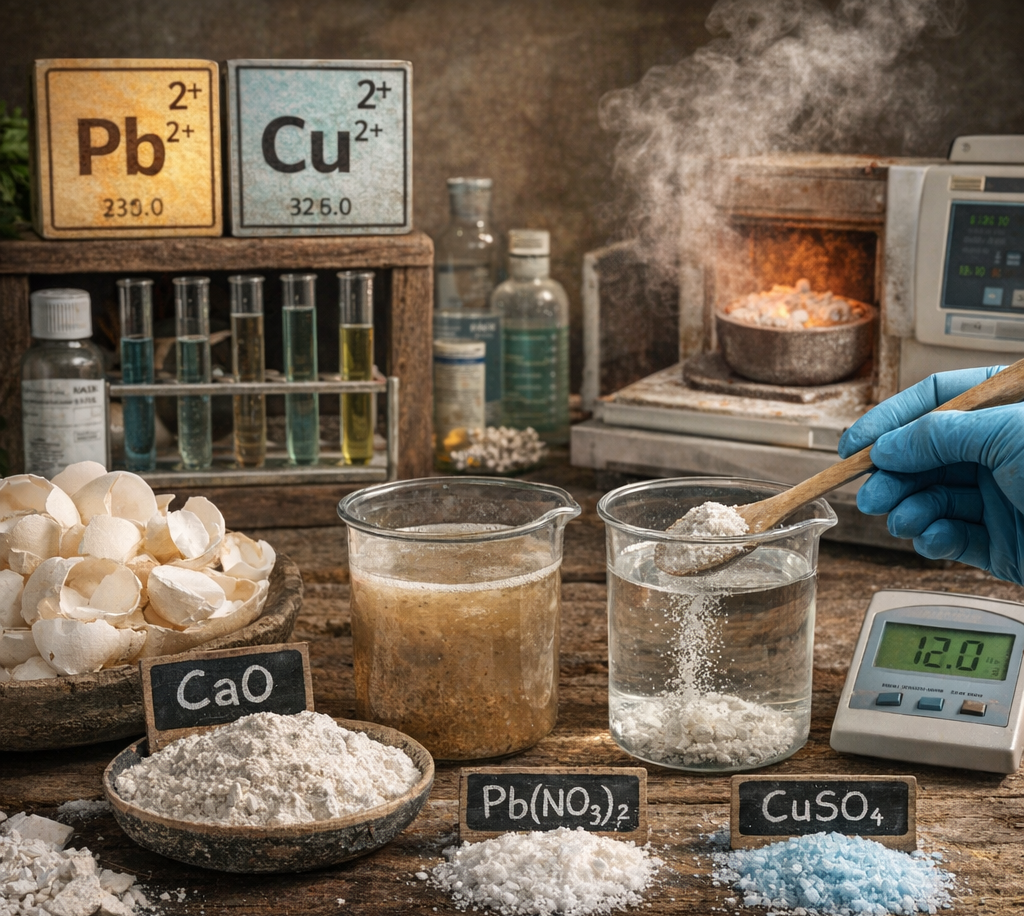 Introduction
Introduction
Eco-friendly cleaning solutions are becoming increasingly popular as people shift toward sustainable living. Many commercial cleaners contain harmful chemicals that can pollute the environment and pose health risks. This project focuses on creating a natural floor cleaner using lemongrass oil and vinegar. Lemongrass oil is known for its antibacterial and antifungal properties, while vinegar acts as a natural disinfectant. By combining these ingredients, we aim to produce an effective, affordable, and safe alternative to chemical-based floor cleaners.
Statement of the Problem
Traditional cleaning products often contain harsh chemicals that harm the environment and negatively affect human health, causing allergies, respiratory issues, and skin irritations. There is a growing demand for non-toxic, biodegradable, and eco-friendly cleaning alternatives. This project addresses the need for a natural, plant-based floor cleaner that is effective, safe, and environmentally friendly.
Materials
- Lemongrass essential oil (10 ml) – Antibacterial and antifungal agent.
- White vinegar (250 ml) – Natural disinfectant and grease remover.
- Distilled water (500 ml) – Ensures purity in the solution.
- Liquid castile soap (optional, 50 ml) – Enhances cleaning power.
- Tea tree oil (optional, 5 ml) – Adds antimicrobial properties.
- Spray bottle or container – For storage and easy application.
- Measuring cups and spoons – For accurate measurements.
Procedure
Step 1: Prepare the Solution
- Measure 2 cups of distilled water and pour it into a mixing bowl.
- Add 1 cup of white vinegar to the water.
- Incorporate 10–15 drops of lemongrass essential oil into the mixture.
- Optionally, add 1 tablespoon of liquid castile soap and 5 drops of tea tree oil for additional cleaning power.
- Stir the mixture thoroughly to ensure proper emulsification.
Step 2: Transfer to Spray Bottle
- Pour the prepared solution into a clean spray bottle for storage and ease of use.
Step 3: Test the Product
- Apply the solution to a small, inconspicuous area of the floor to test compatibility.
- Spray the cleaner directly onto the floor or pour it into a mop bucket for larger areas.
- Use a mop or cloth to clean the surface, then allow it to air dry.
Step 4: Compare with Commercial Cleaner
- Test both the natural cleaner and a commercial cleaner on identical stains and surfaces. Record observations regarding cleaning effectiveness, odor, and ease of use.
Results
The natural floor cleaner demonstrated excellent cleaning capabilities:
- Effectively removed dirt, grease, and stains.
- Left a refreshing lemongrass scent.
- Caused no damage to surfaces or skin.
- Performance was comparable to commercial cleaners while being safer and more environmentally friendly.
Users reported satisfaction with the product’s effectiveness and pleasant aroma.
Conclusion
This project successfully developed a natural floor cleaner using lemongrass oil and vinegar. The product is a viable alternative to chemical-based cleaners, offering eco-friendliness, safety, and cost-effectiveness. Future improvements could include packaging the solution in biodegradable containers and exploring other essential oils for enhanced properties. By adopting such natural solutions, households can contribute to a healthier environment and reduce their ecological footprint.




